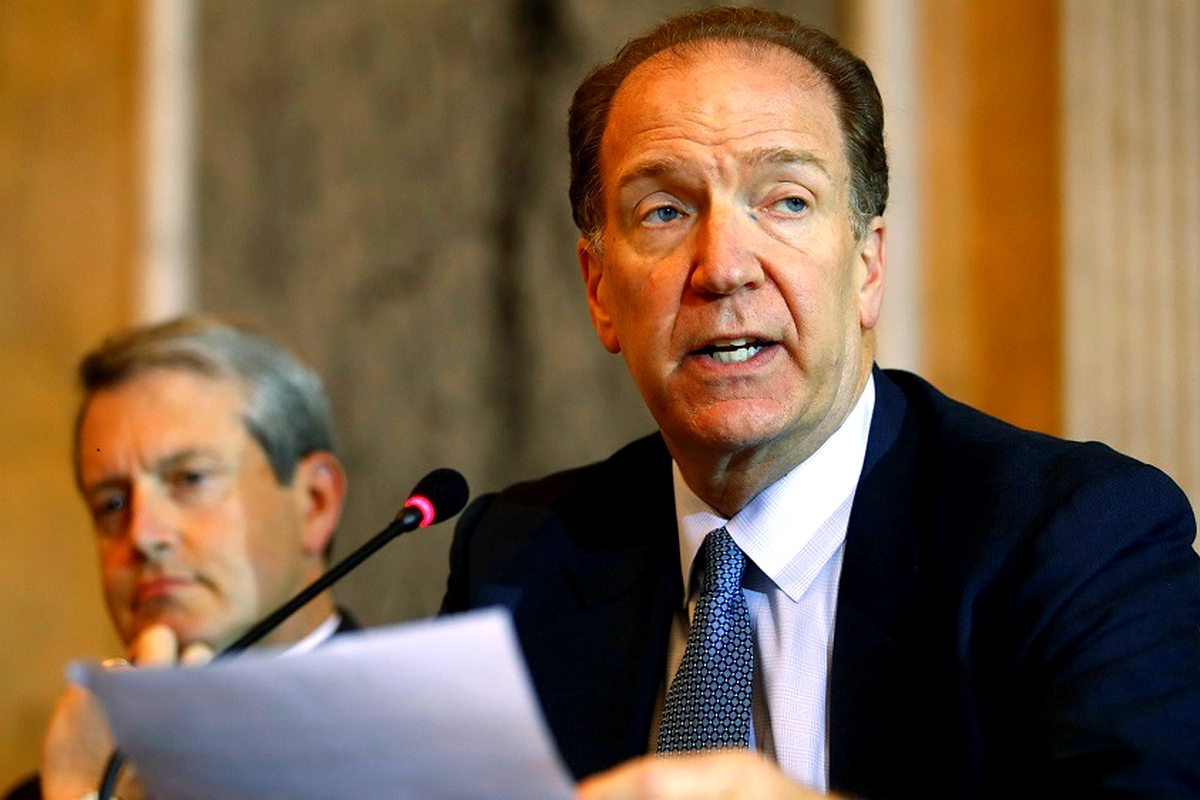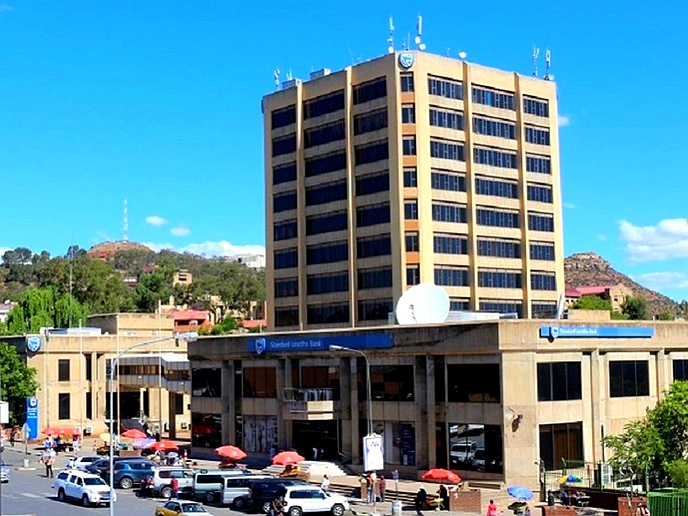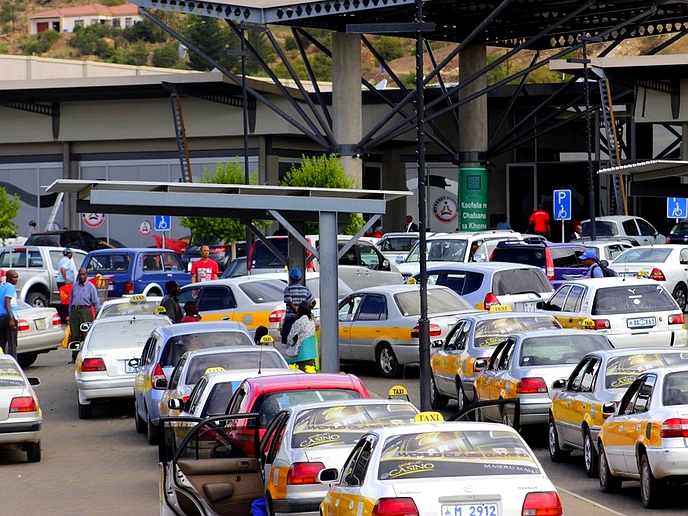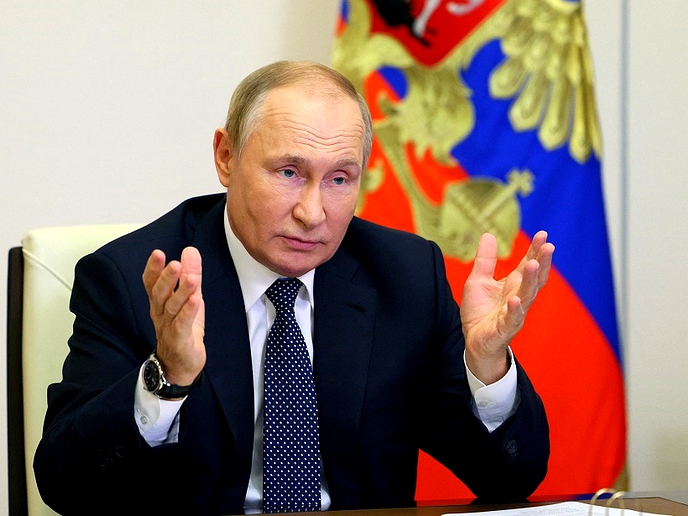ECONOMIC activity in Lesotho, like other countries in the region, is slowing down amid global headwinds, putting a halt to poverty reduction measures that could be implemented, the latest World Bank’s Africa’s Pulse forecast says.
business
Oct. 11, 2022
NEO SENOKO
3 min read
Global headwinds slow economic activity

President of the World Bank Group, David Malpass
Story highlights
The report that was released last week shows that economic growth in the region is expected to go down to 3.3 percent from 4.1 percent in the previous year, a downward revision of 0.3 percentage points from the April forecast.
The downward revision is on the back of multiple shocks affecting the economy, tightening global financial conditions, elevated information driven by rising food and fuel prices exacerbated by the war in Ukraine, adverse weather conditions, and rising risk of debt distress.
“These trends compromise poverty reduction efforts that were already set back by the impact of the COVID-19 pandemic. What is most worrisome is the impact of high food prices on people struggling to feed their families, threatening long -human development. This calls for urgent action from policymakers to restore macro-economic stability and support the poorest households while reorienting their food and agriculture spending to achieve future resilience,” the World Bank Chief Economist for Africa, Andrew Dabalen said in the report.
The estimated per capita income growth of 0.7 percent for the region is insufficient to meet the challenging goals of poverty reduction and boosting shared prosperity in the medium to long term. Instead, poverty reduction trends, which were already derailed by the pandemic, have slowed further.
The pandemic has induced a lasting impact on long-term growth, particularly affecting the poorest people and increasing extreme poverty. The slow recovery of the per capita income growth rate, at 0.9 percent next year and 1.3 percent in 2024, still falls short of putting the continent back on the pre-pandemic path of poverty reduction. The challenge is compounded by the relatively weak relationship between economic growth and poverty reduction.
“Consistent with rising poverty rates, inequality within countries in the region has widened with rising fuel and food prices exacerbated by the war in Ukraine. The economic divide between the rich and the poor rose substantially during the COVID-19 pandemic following job and income losses, especially among less skilled workers in the informal sector,” the report adds.
Enjoy our daily newsletter from today
Access exclusive newsletters, along with previews of new media releases.
Rising unemployment was particularly sizable across genders, with women being the most affected. The weak rebound of the regional economy in the aftermath of the pandemic along with the setback from rising inflation was insufficient to undo pandemic-induced job and income losses.
Rising public debts and limited fiscal space inhibited Lesotho, and the region from providing support to the most affected people at the same magnitude as the support deployed in advanced economies.
“The gap between rich and poor has widened further with the war in Ukraine as commodity prices jumped and reinforced the lingering adverse effects of the pandemic,” the report also says, adding that lack of adequate social protection and feeble per capita income growth constitute major vulnerabilities for the poor.
This pattern, the report says is expected to persist over the short to medium term as it is unlikely that most countries will regain losses caused by the impact of school closures on human capital.
Tailored for you






